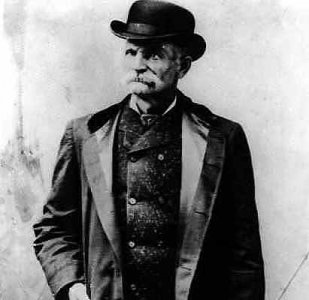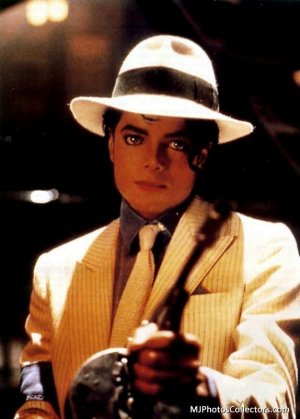Furryanimal
Y gath o Gymru
- Location
- Wales
The natty highwayman
In July 1875, the Wild West’s “weirdest outlaw” began his eight-year spate of stagecoach robberies, says The Retrospectors podcast. Black Bart was an unlikely bandit: outside his criminal activities, he was a “nattily dressed, quietly spoken” former teacher from Norfolk known as Charles E Boles. Those people “privileged enough” to be held up by Bart commented on his impeccable manners. The Englishman exclusively robbed Wells Fargo coaches – 28 in total – as the bank had wronged him years before. If fearful customers flung their personal belongings out of carriages, Bart would gallantly return them. During one hold-up, he even bought a traveller’s gun off him rather than steal it.
Unusually for a highwayman, Bart was terrified of horses. As a result, he had to lug hefty strongboxes up to 50 miles on foot to evade capture. He was eventually caught after dropping his handkerchief, which police traced to his laundrette. Yet they, too, were taken with his charm: one detective noted that after his arrest Bart still “exhibited genuine wit under most trying circumstances”
In July 1875, the Wild West’s “weirdest outlaw” began his eight-year spate of stagecoach robberies, says The Retrospectors podcast. Black Bart was an unlikely bandit: outside his criminal activities, he was a “nattily dressed, quietly spoken” former teacher from Norfolk known as Charles E Boles. Those people “privileged enough” to be held up by Bart commented on his impeccable manners. The Englishman exclusively robbed Wells Fargo coaches – 28 in total – as the bank had wronged him years before. If fearful customers flung their personal belongings out of carriages, Bart would gallantly return them. During one hold-up, he even bought a traveller’s gun off him rather than steal it.
Unusually for a highwayman, Bart was terrified of horses. As a result, he had to lug hefty strongboxes up to 50 miles on foot to evade capture. He was eventually caught after dropping his handkerchief, which police traced to his laundrette. Yet they, too, were taken with his charm: one detective noted that after his arrest Bart still “exhibited genuine wit under most trying circumstances”



